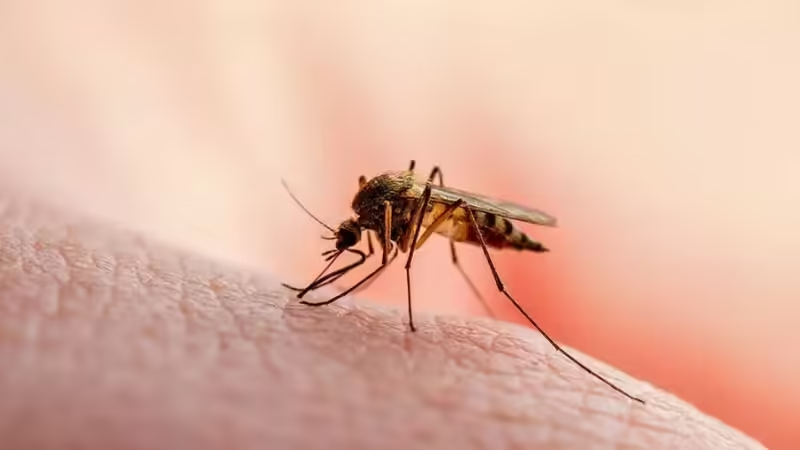Alarming Rise of Malaria Drug Resistance in African Children: A Call for Urgent Action

source : Google
A new study from Uganda has raised alarm, revealing that malaria parasites in Africa are developing resistance to artemisinin—the primary drug used to treat severe malaria in young children. This finding marks the first confirmed case of artemisinin resistance in children with severe malaria on the continent, igniting concerns over the future effectiveness of malaria treatments in Africa.
Study Findings: Resistance and Relapse
The study, involving 100 hospitalized children with severe malaria, found that 11 showed partial resistance to artemisinin. These children were infected with malaria parasites that harbored genetic mutations linked to drug resistance. More troubling, 10 children who initially responded to artemisinin and lumefantrine—a secondary drug—relapsed with the same malaria strain within one month. These findings suggest that the standard treatment regimen may be losing its effectiveness.
Experts Weigh In on the Growing Threat
Dr. Chandy John of Indiana University, one of the study’s lead authors, expressed deep concern, stating that the detection of resistance before it was actively monitored is a warning sign. Dr. Richard Pearson from the Wellcome Sanger Institute pointed out that East Africa’s situation echoes past trends in Southeast Asia, where resistance to artemisinin spread quickly, resulting in increased treatment failures.
Artemisinin: Essential Yet Vulnerable
Artemisinin, administered intravenously as artesunate followed by an oral combination therapy, has been the treatment of choice for severe malaria, especially in children, for over a decade. Artesunate replaced quinine due to its superior survival rates. Now, however, experts worry that resistance could force a return to older treatments like quinine, which would be a significant setback in combating malaria.
The Global Issue of Antimicrobial Resistance
This study highlights the broader crisis of antimicrobial resistance (AMR), where pathogens evolve to evade treatments. Projections indicate that AMR could result in 39 million deaths globally by 2050. Dr. Alena Pance from the University of Hertfordshire warned that Africa’s high malaria transmission rates could accelerate the spread of artemisinin resistance, posing a critical risk to the continent.
Calls for Immediate Action
To counter this emerging crisis, experts stress the importance of heightened surveillance for drug-resistant strains, investment in developing new treatment options, and ensuring high standards of diagnosis and care. The World Health Organization (WHO) has underscored the urgency of addressing AMR to prevent a potential health disaster in vulnerable regions, particularly sub-Saharan Africa, where children bear the brunt of malaria’s toll.
The study serves as a stark reminder that without coordinated action and innovation, the gains made in malaria control could be reversed, endangering millions of lives in Africa and beyond.











